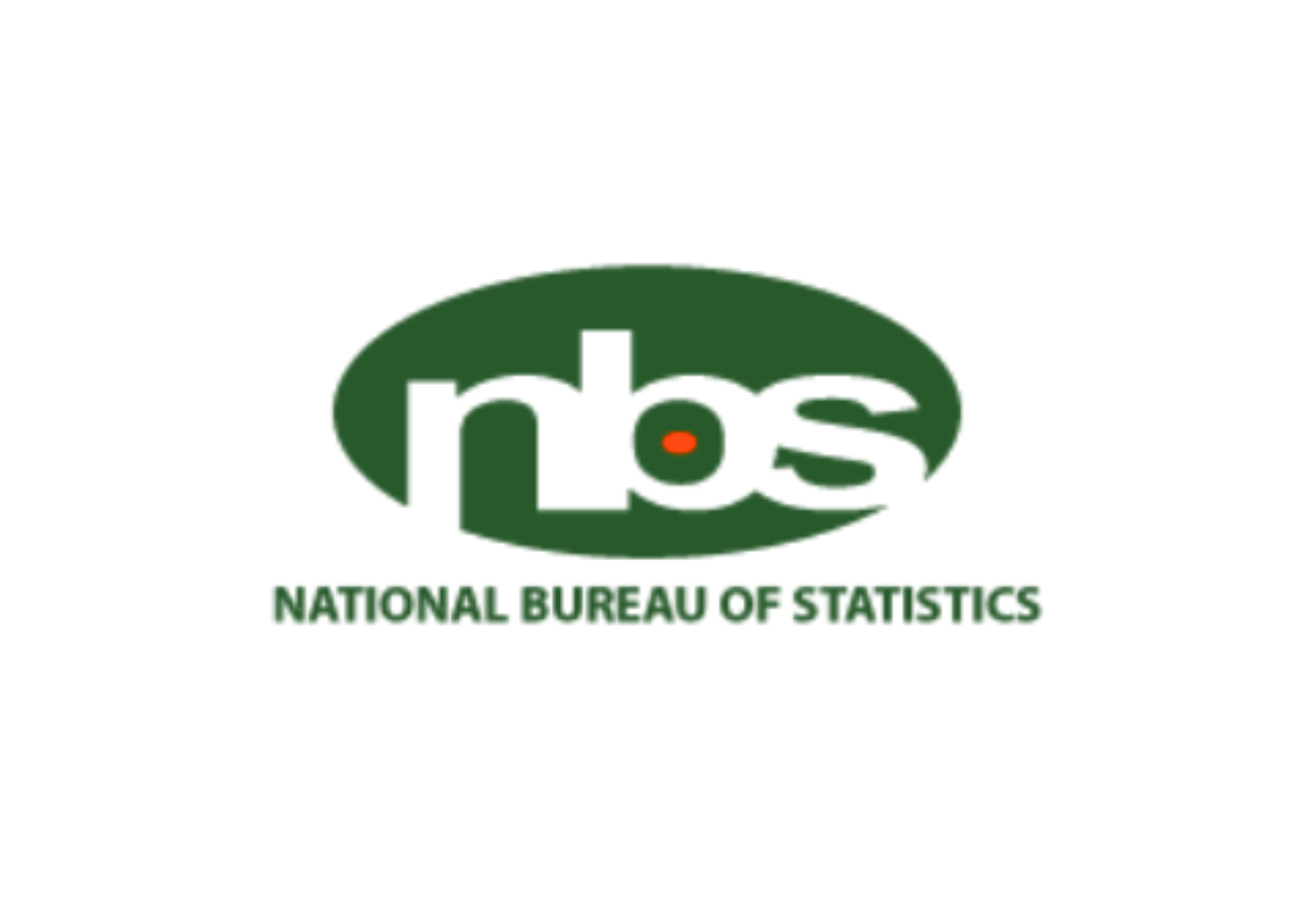News
21.76m Nigerians Unemployed In 2020, NBS Confirms

The National Bureau of Statistics (NBS) says the total number of unemployed Nigerians stands at 21,764,617.
The statistics are contained in the bureau’s Labour Force Statistics website, entitled “Unemployment and Underemployment Report (Q2 2020)”, released in Abuja.
It referred to the report as an Abridged Labour Force Survey under Covid-19 for August, 2020.
The unemployment rate during the period in reference represented a 27.1 per cent rise from the 23.1 per cent recorded in the third quarter of 2018.
“A rise in unemployment generally means the number of people searching for jobs has increased which can occur because people previously outside the labour force have decided to join the labour force and are now in search of jobs.
“Or people previously working have lost their jobs, and are now in search of jobs. Often, it is a combination of these two,” the NBS said.
According to the report, the total number of people in employment during the reference period is 58,527,276.
The statistics of those employed showed a 15.8 per cent reduction in employment in the third quarter of 2020.
Of this number, 35,585,274 were full-time employed, who worked for 40 hours or more per week, while 22,942,003 were under-employed and worked between 20 to 29 hours per week.
The number of persons in the labour force, people within ages 15 to 64, able and willing to work was estimated to be 80,291,894.
The figure represented an 11.3 per cent decrease in the number of persons recorded in the third quarter of 2018.
Of this number, those within the age bracket of 25 to 34 were highest with 23,328,460, representing 29.1 per cent of the labour force.
The NBS noted that the unemployment rate among rural dwellers in the period under review increased to 28 per cent from 23.9 per cent in the third quarter of 2018.
Urban dwellers also reported a rate of 25.4 per cent up from 21.2 per cent.
In the case of underemployment among rural dwellers, it rose to 31.5 per cent in the period under review from 22.8 per cent in the third quarter of 2018.
The rate among urban dwellers also rose to 23.2 per cent from 13.7 per cent in the third quarter of 2018.
Moreover, the unemployment rate among young people, ages 15 to 34 in the second quarter of 2020 was 34.9 per cent up from 29.7 per cent in the third quarter of 2018.
Also, the rate of underemployment for the same age group rose to 28.2 per cent from 25.7 per cent.
These rates were the highest when compared to other age groupings.
For state statistics under the second quarter of 2020, Imo reported the highest rate of unemployment with 48.7 per cent, followed by Akwa Ibom and Rivers with 45.2 per cent and 43.7 per cent, respectively.
The state with the lowest rate was Anambra in the South-East with 13.1 per cent.
For underemployment, the state which recorded the highest rate was Zamfara with 43.7 per cent, while Anambra recorded the lowest underemployment rate, with 17 per cent.
A total number of 2,736,076 did not do any work in the last seven days preceding the survey due to the lockdown but had secure jobs to return to after the lockdown.
The NBS said the unemployment and underemployment rates varied across states according to the nature of economic activities predominant in each state.
“Favourable conditions in one state may lead to an influx of jobseekers in that state and in the process increasing unemployment in the performing state, while reducing the unemployment rate in the originating state.
“This may give a false impression that the state with the lower unemployment rate is performing better,” it said.
News
198 UNIBEN Students Bag First Class

News
Bayelsa Education Fund, British Council trains tra 1,000 teachers

News
RSG INAUGURATES ARMED FORCES REMEMBRANCE DAY COMMITTEE

The Rivers State Government has inaugurated a Central Planning Committee to organize the celebration of the 2026 Armed Forces Remembrance Day (AFRD) in the State.
The committee was formally inaugurated by the Secretary to the State Government, Dr. Benibo Anabraba in Port Harcourt, last Thursday.
Dr Anabraba who also serves as Chairman of the Committee
highlighted the State Government’s deep appreciation for the sacrifices of Nigeria’s fallen heroes who laid down their lives for the nation’s peace and unity.
“These heroes have given their lives for the security and peace of our nation and deserve to be celebrated. The Armed Forces Remembrance Day is an opportunity to show our gratitude for their sacrifice,” he said.
Dr. Anabraba further extended recognition to all Security Agencies in the State, emphasizing the importance of the event in appreciating their contributions to national security and sovereignty.
The annual Armed Forces Remembrance Day, observed on January 15 across the country is dedicated to remember Nigeria’s departed soldiers and honouring the nation’s veterans.



